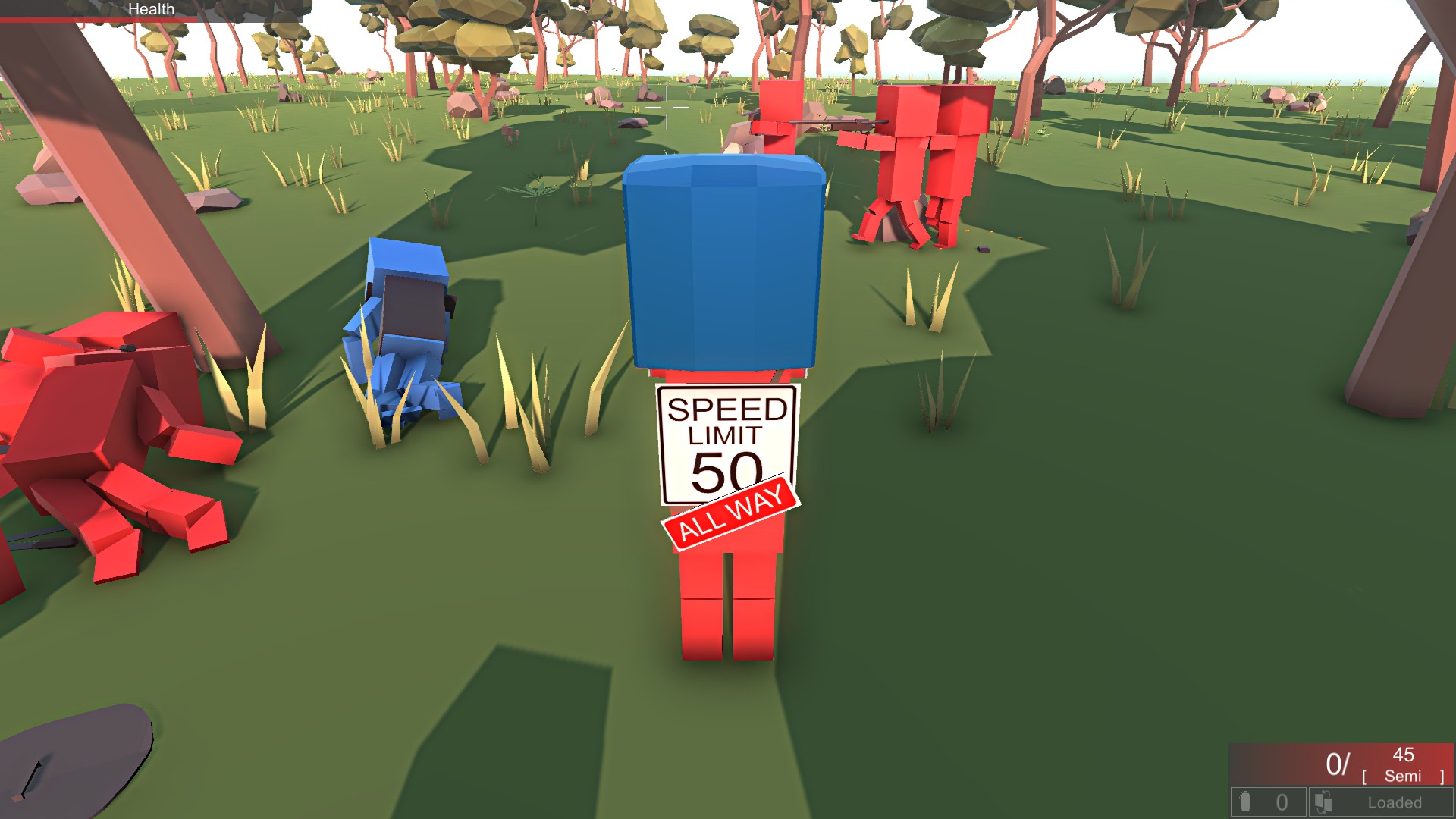

AD 87–145), is a trustworthy account of Alexander the Great’s life based on earlier eyewitness accounts by Nearchus, Ptolemy and Aristobulus, all soldiers who participated in Alexander’s campaigns. There are exceptions: Campaigns of Alexander, by Arrian (c. 484–425 BC) used for the Greco-Persian Wars are little more than monument inscriptions and a collection of oral tales. For example, the works of two of Polybius’ most valuable sources, Sosylus and Silenus, Greek “war correspondents” who traveled with Hannibal, are lost to us. Often, sources available to the writer in his time cannot be referenced because they have since been lost. AD 150–235), writing more than a century later, relies on Livy’s account for the same war. 200–118 BC) account of the Second Punic War for his military narrative, while Dio Cassius (c. Thus, Livy (59 BC–AD 17) relies primarily on Polybius’ (c. Some ancient historians simply repeated accounts from earlier sources, telling them in a different, often more dramatic fashion. Ancient writers usually did not check the validity of their sources-a mostly impossible task in any case, as few usable archives existed and would probably have required lengthy and dangerous journeys to get to them. These military “histories” were often written long after the events they describe only a few address events contemporary with their authors. Names, numbers, exact dates, chronology and geographic details of battles were frequently inaccurate, invented or sometimes omitted. If the bare facts were insufficient for an effective presentation, then the known facts could be adorned, modified or variously combined in the interest of heightened drama. Moreover, ancient historians expected their work to be recited more than read, and their concern for rhetoric led to the incorporation of great, but fictitious, speeches attributed to famous generals and kings. This didactic approach to history often focused on the deeds of great men. The modern reader is right to suspect that there is something different about history as written by ancient historians: Greek and Roman historians were often less concerned with a factual accounting of events than with writing something that taught moral lessons or guided the behavior of powerful political classes or individuals. Unfortunately, some of the information contained in those texts is unreliable, biased, incomplete or even false.

#Ancient warfare 3 i cant place my carecter archive
The consequence was an archive of written texts on which the modern study of Greek and Roman military history is based. Three centuries later the Greeks passed on their invention to the Romans. The Greeks’ invention of history as a search for a rational explanation and understanding of events, expressed in written prose or oral recitation, created a means by which ancient historians could record events in a manner still comprehensible in the modern age. The single biggest obstacle to our understanding of ancient military history is the scarcity of reliable evidence. The modern historian studying Greek and Roman military history is a prisoner of the ancient texts. And yet one cannot examine the wars and battles of antiquity without reference to these accounts. What often passes as ancient history turns out to be dramatic representations of what the writers thought may have occurred.

This description of the 216 BC Battle of Cannae was written 200 years after the actual events for which no eyewitness accounts exist, and the historian, Titus Livius, or Livy, had no military experience. Pretty vivid stuff-but there is no way to tell if it is true. A living Numidian, with lacerated nose and ears, stretched beneath a lifeless Roman who lay upon him… for when the Roman’s hands were powerless to grasp his weapon, turning from rage to madness, he had died in the act of tearing his antagonist with his teeth. Some were found with their heads plunged into the earth…having suffocated themselves by overwhelming their faces with the earth which they threw over them. S ome were found lying alive with their thighs and hams cut, laying bare their necks and throats, bid them drain the blood that remained in them. Can We Trust the Ancient Texts? | HistoryNet Close


 0 kommentar(er)
0 kommentar(er)
